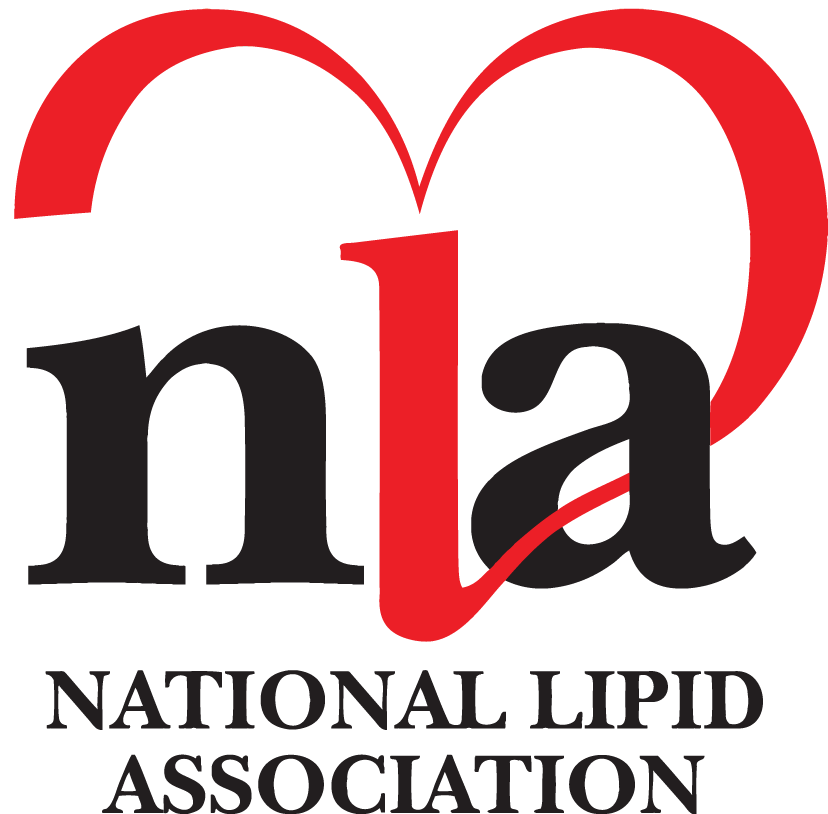National Lipid Association Statement Paper Provides Clinicians with Updated Guidance for Enhanced Value of PCSK9 Use in Select Patient Populations
MIAMI, Fla. – (May 16, 2019) – The NLA has released a statement paper that provides updated guidance to clinicians to help identify patient groups in whom treatment with PCSK9 monoclonal antibodies (mAbs) provides a reasonable value.
While initial pricing of PCSK9 mAbs limited the cost-benefit ratio of the LDL-lowering drugs, costs of these agents -- along with recent analysis of subgroups from FOURIER and ODYSSEY OUTCOMES trials, based on atherosclerotic cardiovascular disease (ASCVD) burden, control of cardiometabolic risk factors and baseline LDL-C levels -- have provided data suggesting that these drugs could now provide better value in selected patient subgroups.
The three groups of patients on maximally tolerated statin therapy where reasonable cost-effectiveness might be expected are:
- Extremely high risk ASCVD patients (extensive burden of or active ASCVD, or ASCVD with extremely high risk cardiometabolic risk factors, including heterozygous familial hypercholesterolemia [HeFH]) with LDL-C greater than or equal to 70 mg/dl
- Very high risk ASCVD patients (less extensive ASCVD and poorly controlled cardiometabolic risk factors) with LDL-C greater than or equal to 100 mg/dl, and
- High risk patients with less extensive ASCVD and well-controlled risk factors, or primary prevention HeFH or severe genetic hypercholesterolemia with LDL-C greater than or equal to 130 mg/dl
The statement was developed by an NLA team headed by Jennifer G. Robinson, MD, MPH, Professor in the Departments of Epidemiology and Internal Medicine (Division of Cardiology) and Director, Prevention Intervention Center at the University of Iowa College of Public Health.
“Cost effectiveness analyses are intended to provide information to patients, clinicians, healthcare systems and policy makers to support decisions that ensure available resources are used as effectively as possible to improve patient’s health,” said Alan S. Brown, MD, FNLA, FACC, FAHA, President of the NLA. “It is hoped that this assessment of the value following the recent price reduction for PCSK9 inhibitors will improve access for patient groups with the greatest likelihood of improved clinical outcomes and cost-effectiveness.”



.jpg)


.jpg)
.png)







